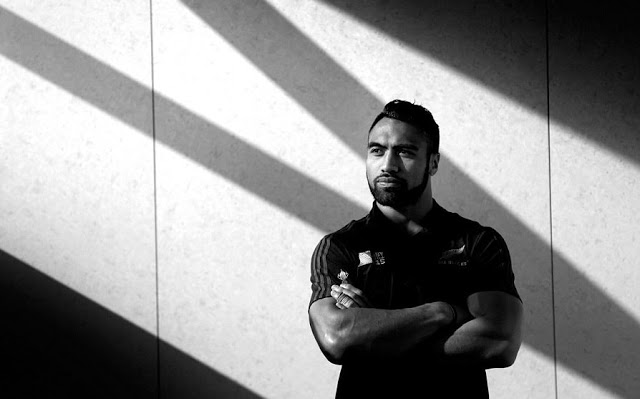by Christi Zelaya
It’s very common to see kids these days who admit they don’t like their father.
My best advice would be to take things a little slower and try to learn his story first.
You see, I hated my father when I was a child too.
And I know many of you will say ‘But hate is such a strong/negative word’.
Yes, I am aware of its intensity. But as a child, that is exactly how strong my feelings toward my father were.
You see, my father had been physically and psychologically abusive. He was a high-functioning alcoholic.
He was an adulterer and drug abuser. And he was, I believe now, an undiagnosed and untreated sufferer of bipolar personality disorder.
It wasn’t until much later in life, after my mother had escaped him with us girls and moved to town; after I had served in the US military; after I had worked professionally with so many Vietnam veterans; after I learned the stories of my father’s upbringing; after I was diagnosed with bipolar personality disorder too, that I began to finally forgive my father.
I realized he, too, had been a victim.
My father suffered the same treatment at his father’s hand.
My grandfather put on a good face in public and when with company. He was a retired Air Force man.
He was retired from Boeing as an Aircraft Maintenance Mechanic, and was well respected in his circle.
And, just like my father, he was an abuser to his family too. His behavior toward his family was unpredictable and more often than not unprovoked.
It is now suspected that he too must have had undiagnosed bipolar disorder as well.
My father, being the oldest of two sons, and having five sisters that survived, suffered significant abuse, both physical and psychological from his dad.
I later found out my father had had to run away to join the military as a way to escape his father.
Then he was shipped off to Vietnam.
He was just a kid still, as were many of our veterans now. And as with many veterans who returned from Vietnam, there was a psychological fall-out.
My mother is Vietnamese, having accompanied my father back to the States. And as much as I truly believe he loved my mother, she was also a constant reminder of his experiences over there.
My father couldn’t recognize his behavior as being bad because it was no different from what he had experienced as a child, and thus he did not recognize abuse for what it was.
Knowing what I know now, I can say that I forgive him.
It’s still hard. And it doesn’t mean that I am strong enough, or have any desire to visit his grave.
My father took his life when I was a teenager, about three or four years after we left him.
I never attended his funeral.
And even though I was able to have forgiven him now, I have no regrets for not attending. At that time, I was angry.
And I was hurt. And I didn’t care that he was dead. That was not the time, nor place, for me to deal with those feelings.
Perhaps, really perhaps, you will get to pick something from my story and try to understand your father before it’s too late.
Instead of straightaway hating him, why not talk to him first.
Tell him how you truly feel, how his actions affect you.
Ask him questions and try to have a conversation, and see where things go from there.
***
Christi Zelaya is a medically disabled US Air-Force veteran.



